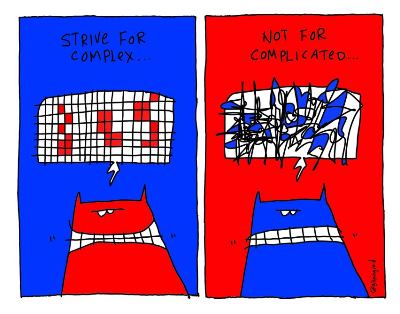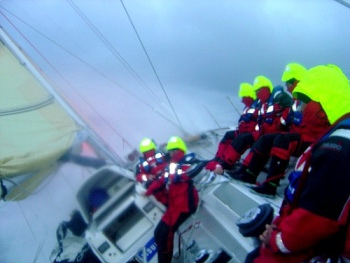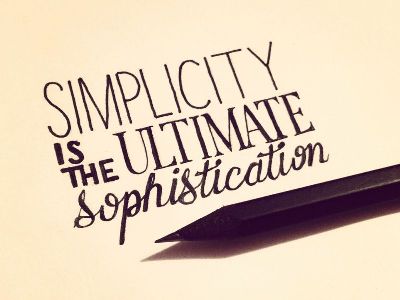The Fourth Revolution comes with a new challenge for most of us: we have much more information to our fingertips or in our phone than ever before – and potentially, too much information, a noise that hides what might really be important.
We have maps, public transportation schedules, the latest news and rumors from all over the world in our pockets. We can apprehend the world with a detail never achieved before. Yet the same old problem still lingers: how can we really identify what is important for us and for what we intend to achieve?
 What is really difficult is to extract the useful information. Data might be available but because connections don’t happen, it is not transformed in useful information (for example after 9-11, it was ascertained that federal agencies in the US collectively had enough data to understand what was being prepared, but failed to connect the pieces). Even more annoying, because there is ever more data available, there are ever more spurious correlations – and the possibility of wrong decisions and innocent people being impacted.
What is really difficult is to extract the useful information. Data might be available but because connections don’t happen, it is not transformed in useful information (for example after 9-11, it was ascertained that federal agencies in the US collectively had enough data to understand what was being prepared, but failed to connect the pieces). Even more annoying, because there is ever more data available, there are ever more spurious correlations – and the possibility of wrong decisions and innocent people being impacted.
We all reach the limits of what we can physically receive, process and transmit (whereas in the past that was only limited to a few individuals at the top of organizations).
While some believe that thanks to new technology, we are better informed in our decisions, it might not be true. Because the background noise intensity has grown so much, it has become harder to discern the important information. It also sometimes give the wrong impression of being able to understand what is happening.
How are you discerning important information, the information at the basis of your action?











